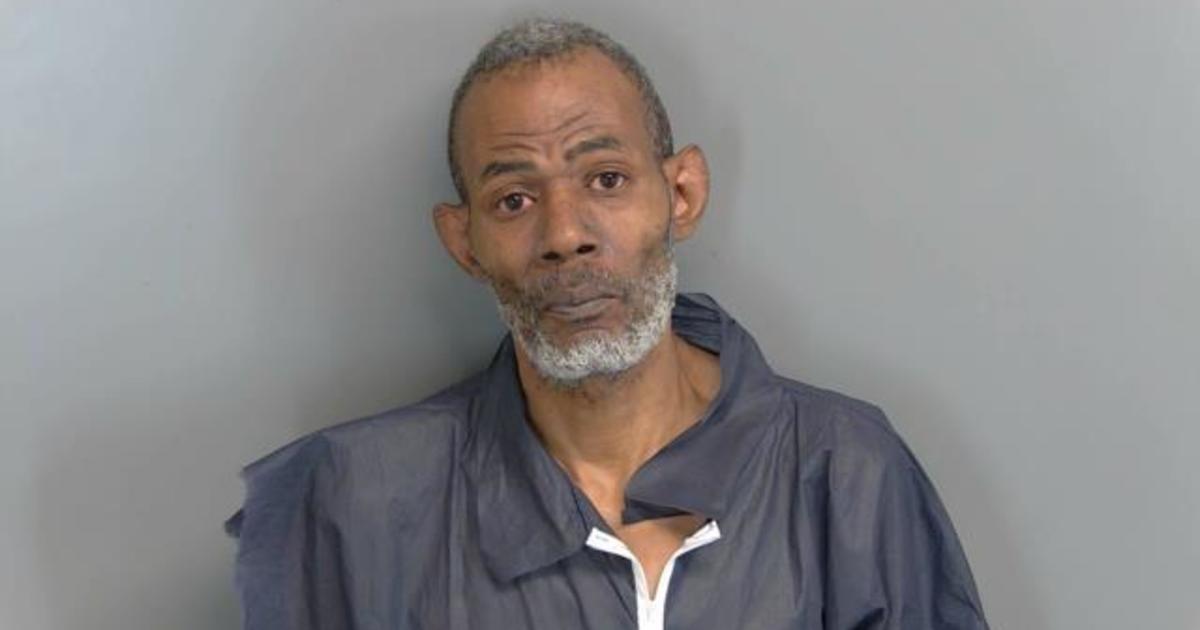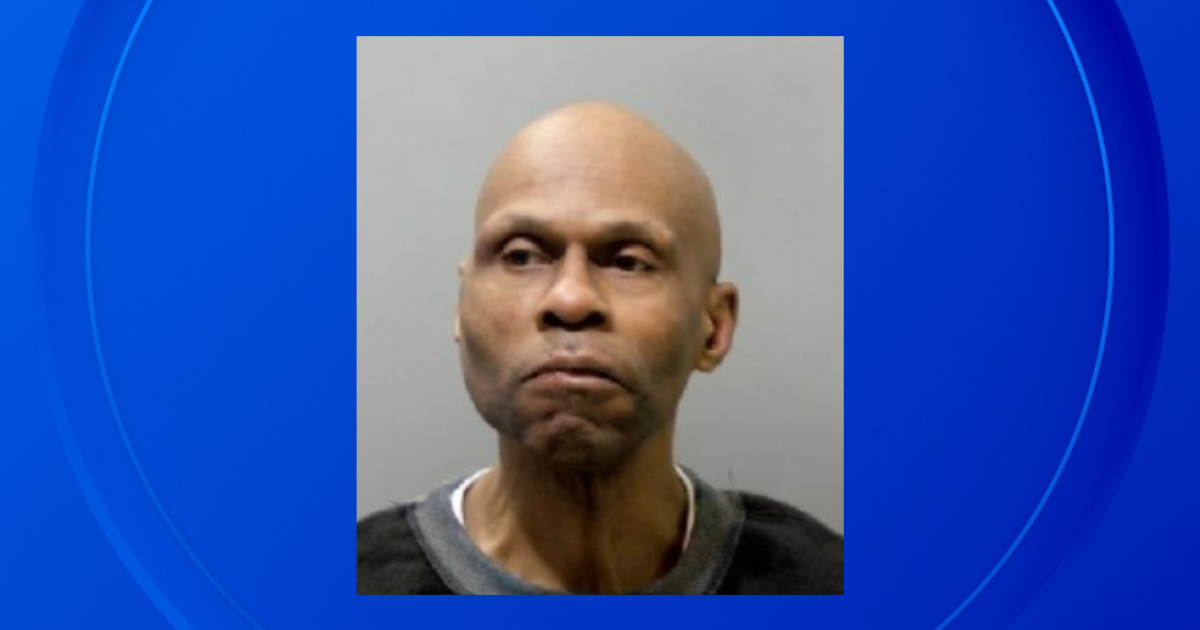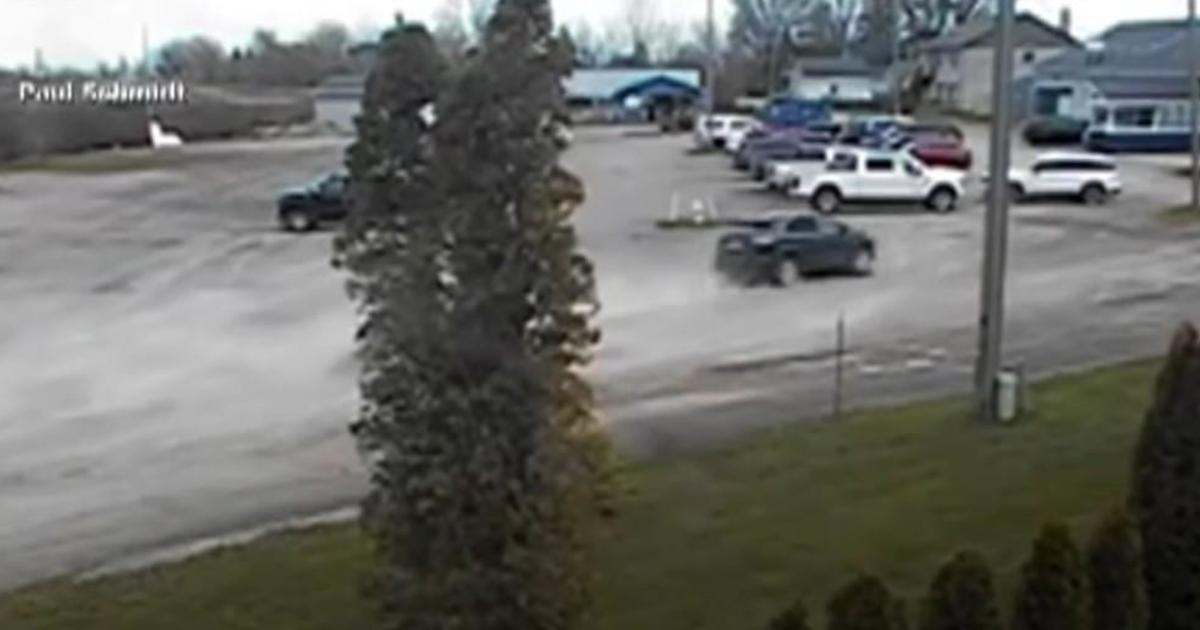Testimony Resumes In Aiyana Jones Case After Jury Sees Video Of Fatal Raid
DETROIT (WWJ/AP) - Jurors in the trial of a Detroit police officer charged with involuntary manslaughter in the death of a 7-year-old girl watched a video Tuesday of the police raid that led to the fatal shooting.
The shot that killed Aiyana Stanley-Jones in 2010 could be heard on the video, which was recorded by a crew from "The First 48," a reality TV show on A&E Networks. Officer Joseph Weekley's gun fired and struck the girl in the head while she slept on a couch.
Someone shouts "police!" on the video. A stun grenade used to confuse people inside the house briefly lights up the scene.
Sgt. Robert Malone, one of four officers who took the stand, said he was behind the house covering the back door when the special response team moved in.
"Generally when we do entries, there is a lot of yelling. You generally hear a lot of 'Police, police, police. Get down, get down. Police, police," but it was a little more frantic than normal. I heard a lot of screaming that wasn't typical of a normal entry," he said.
Weekley was the first officer through the door — "the tip of the spear" — assistant prosecutor Rob Moran said in his opening statement to the jury.
"The flash grenade goes off: Boom!" Moran said. "He stands there. This is called the fatal funnel. You never stand in a doorway. Three seconds after the flash grenade detonates, his gun goes off and that's when the fatal shot is fired."
Defense attorney Steve Fishman said Weekley accidentally fired a submachine gun when Aiyana's grandmother reached for the weapon. Prosecutors, however, said there was no struggle and that Weekley simply was negligent in how he handled the gun.
"He pulls back and his hand hits the trigger. ... It was an accident. It was not careless. It was not reckless," he said, adding that Weekley was "completely despondent" and vomited when he learned the shot had killed the girl.
Homicide investigator LaTonya Brooks testified that detectives didn't want the TV crew at the scene. Fishman said police department officials never asked officers if they wanted cameras following them with people asking "dumb questions."
"That's additional pressure to doing a pressure-filled, difficult job, wouldn't you agree?" Fishman said.
"I agree," Brooks said.
Malone, like Brooks, testified he would have preferred not being "miked up" and having cameras tagging along taping their every move.
"I just know that, again, it's distracting and it was a serious event that we were getting ready to undertake. So, I disagreed with it 100 percent tactically. I don't think that we needed distractions," he said.
Officers testified there were no signs of children when they did surveillance of the home on Lillibridge Street before the raid.
After Aiyana's death, Detroit Mayor Dave Bing barred reality TV shows from shadowing police. "The First 48" focuses on critical early stages of homicide investigations.
Click here to catch up on this case.
TM and © Copyright 2013 CBS Radio Inc. and its relevant subsidiaries. CBS RADIO and EYE Logo TM and Copyright 2013 CBS Broadcasting Inc. Used under license. All Rights Reserved. This material may not be published, broadcast, rewritten, or redistributed. The Associated Press contributed to this report.



